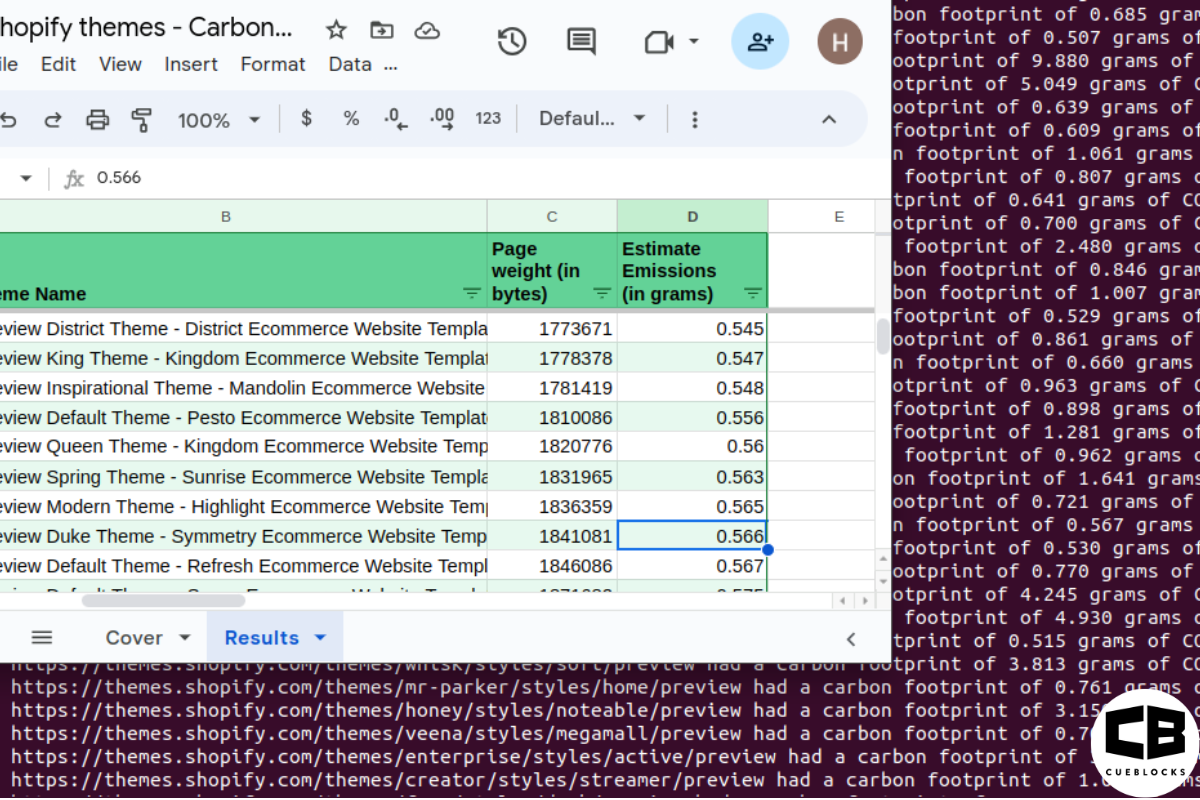
Why Search Engines Give So Much Importance to Incoming Links?
Link building acts as the backbone of SEO operations that helps in bringing quality web traffic to any website. In today’s competitive market with millions of websites trying to get ranked high in search engines, link building is not just an indulgence for a website, it’s an absolute necessity.
Search Engines learn about websites through incoming links. An incoming link from a very busy website might bring dozens or hundreds of visitors in a day. When a website receives links from related websites (websites of similar interests), it also brings traffic.
There are three factors of incoming links that search engines consider for ranking calculations:
● Quantity
● Relevance
● strength
Let’s take a quick look at each of these 3 factors.
Quantity: Too many links too fast with not enough variety. We can get it out of the way quickly. We are simply talking about the overall number of incoming links pointing to a particular website. This is sometimes known as the Link Popularity of a website.
Relevance: Relevance relates to how much the search engine thinks a particular website linking to yours is somehow similar to, or on the same theme as your own. For example, a website about “Insurance” would not be very relevant to a website about “Construction”, so a link from the “Insurance” website to the “Construction” website would score very poorly for relevance. On the other hand, a general website about “Architecture” would be considered relevant, and consequently a link from that website to “Construction” website would score very well on the relevance scale.
Strength: The Strength of an incoming link basically depends on the relevance and quantity of links pointing to the website providing that incoming link. In Google’s case, the overall strength of a webpage is known as its PageRank. That is a special Google term.
Search engines give more importance to incoming links when deciding what pages their automated robots will visit. If you don’t have any incoming links, a search engine will assume that it is a page with little or no value and you are not going to rank well anyway .
So, more incoming links = more traffic, and quicker and better search engine rankings. The more incoming links pointing to your website, the more your link popularity increases considering the quantity, relevance and strength of incoming links.
Of course, the more relevant an incoming link, the more credible your website appears.
- About the Author
- Latest Posts
-
Evaluating the Carbon Emissions of Shopify Themes
by Harleen Sandhu
Committing to green claims as a business is a huge promise to deliver on. For ecommerce stores, Shopify is leading …
Continue reading “Evaluating the Carbon Emissions of Shopify Themes”
-
Dark Mode: Accessibility vs Sustainable Web Design
by BalbirIntroduction Dark mode, a feature that lets users switch the color scheme of an app or website to darker colors, …
Continue reading “Dark Mode: Accessibility vs Sustainable Web Design”
-
Discover Essential Sustainable Marketing Principles and Strategies for Ethical Business Growth
by Pancham Prashar
Given the major issues that our world is currently facing, such as pollution and climate change, sustainability becomes an inevitable …
-
Show, Don’t Tell: Demonstrating Transparency in Your eCommerce Store
by Pancham PrasharFor an eCommerce brand committed to good, success goes beyond creating excellent products; it extends to effectively communicating your values …
Continue reading “Show, Don’t Tell: Demonstrating Transparency in Your eCommerce Store”
-
How to Market Sustainable Products Effectively
by Nida Danish
In today’s market, sustainability has evolved from a passing trend to a pivotal consideration for both consumers and businesses. Globally, …
Continue reading “How to Market Sustainable Products Effectively”
-
Decoding B Corp Marketing Challenges: Strategies for Success
by Nida DanishToday, businesses place high importance on sustainability and ethical practices. For B2B and e-commerce leaders, being a certified B Corp. …
Continue reading “Decoding B Corp Marketing Challenges: Strategies for Success”




